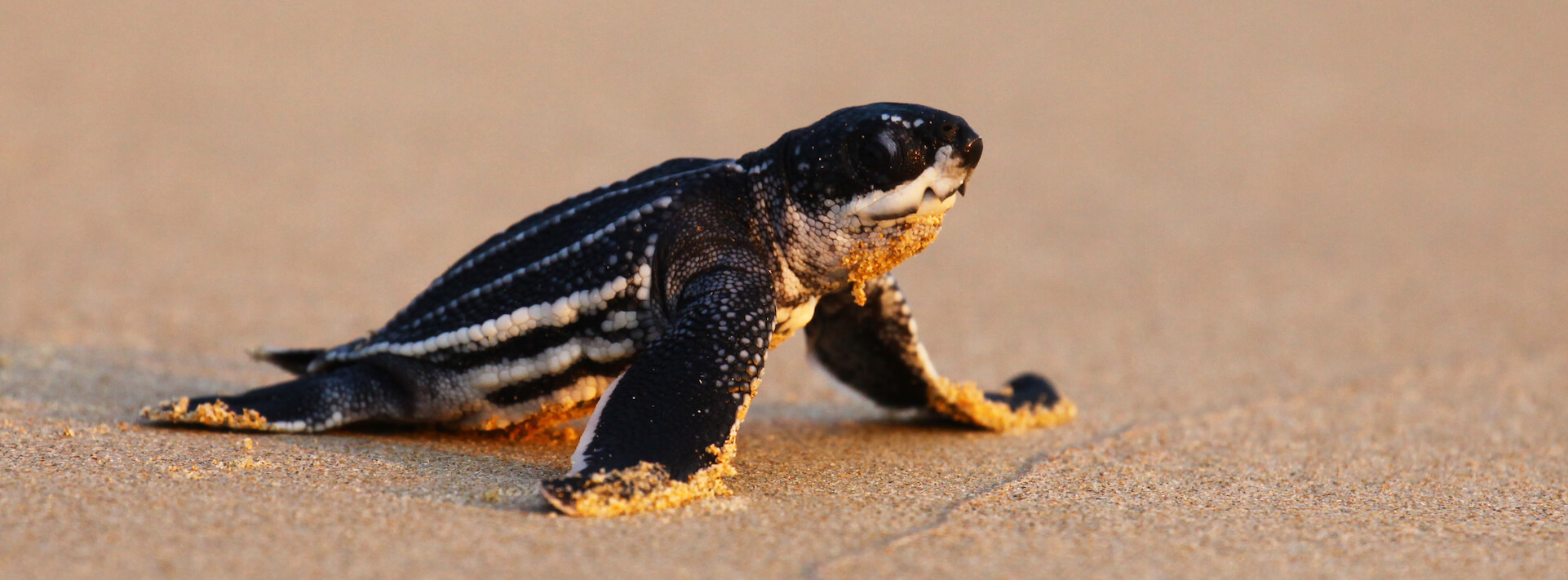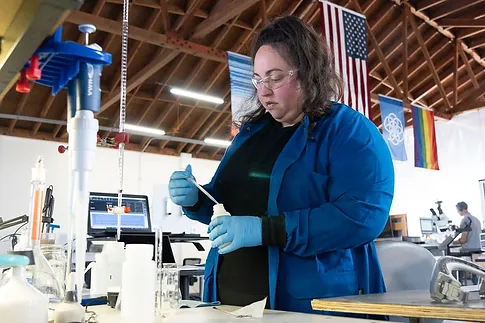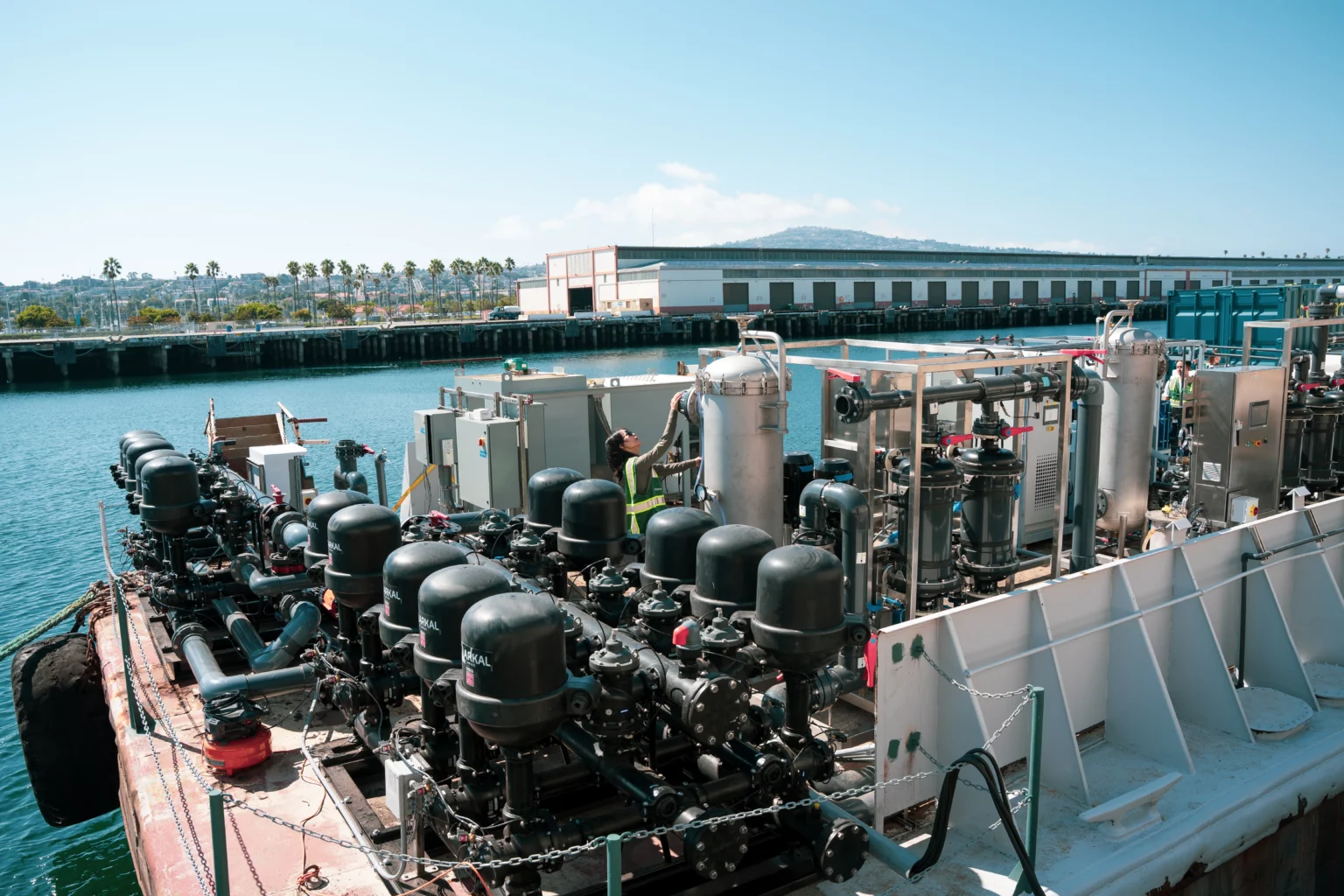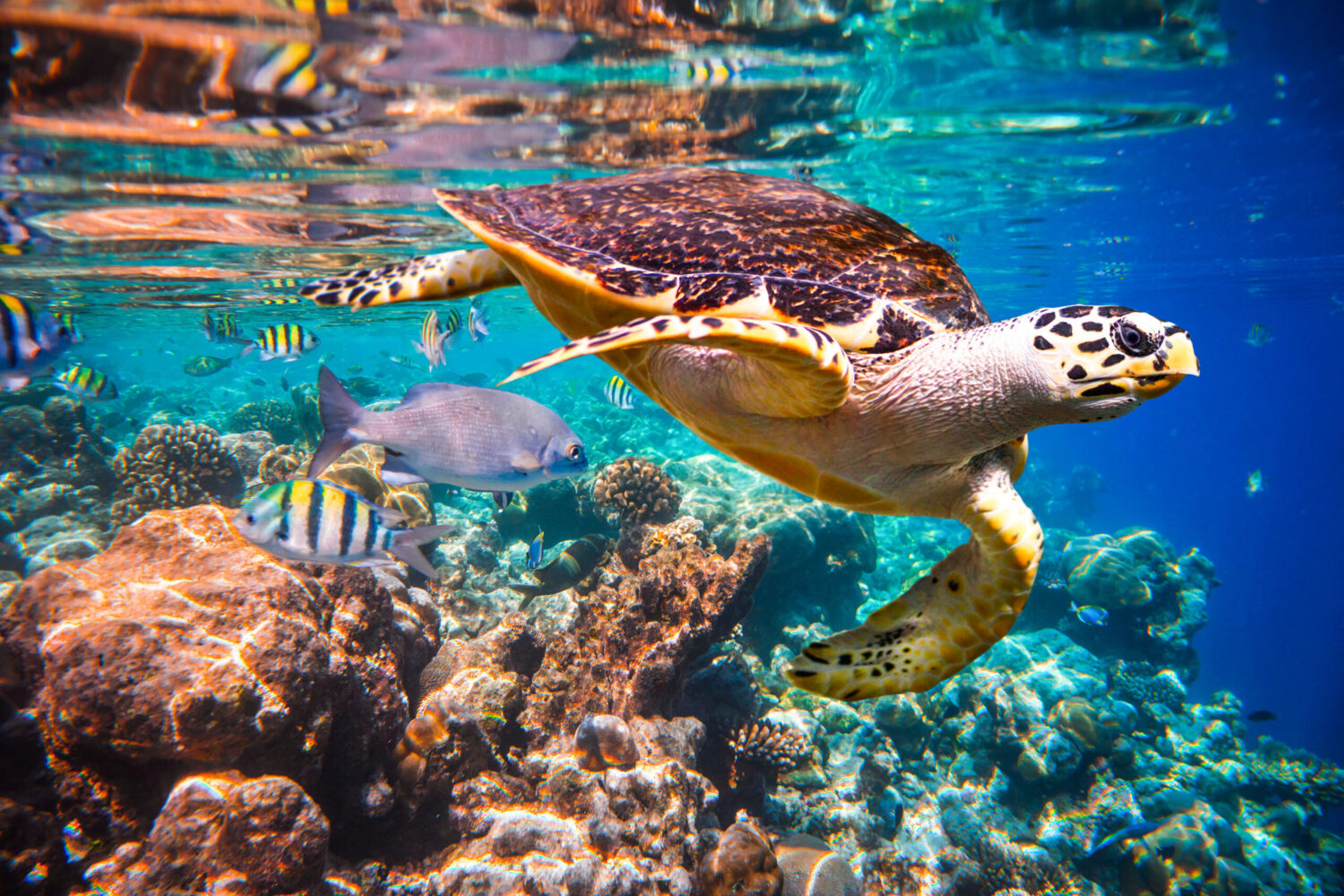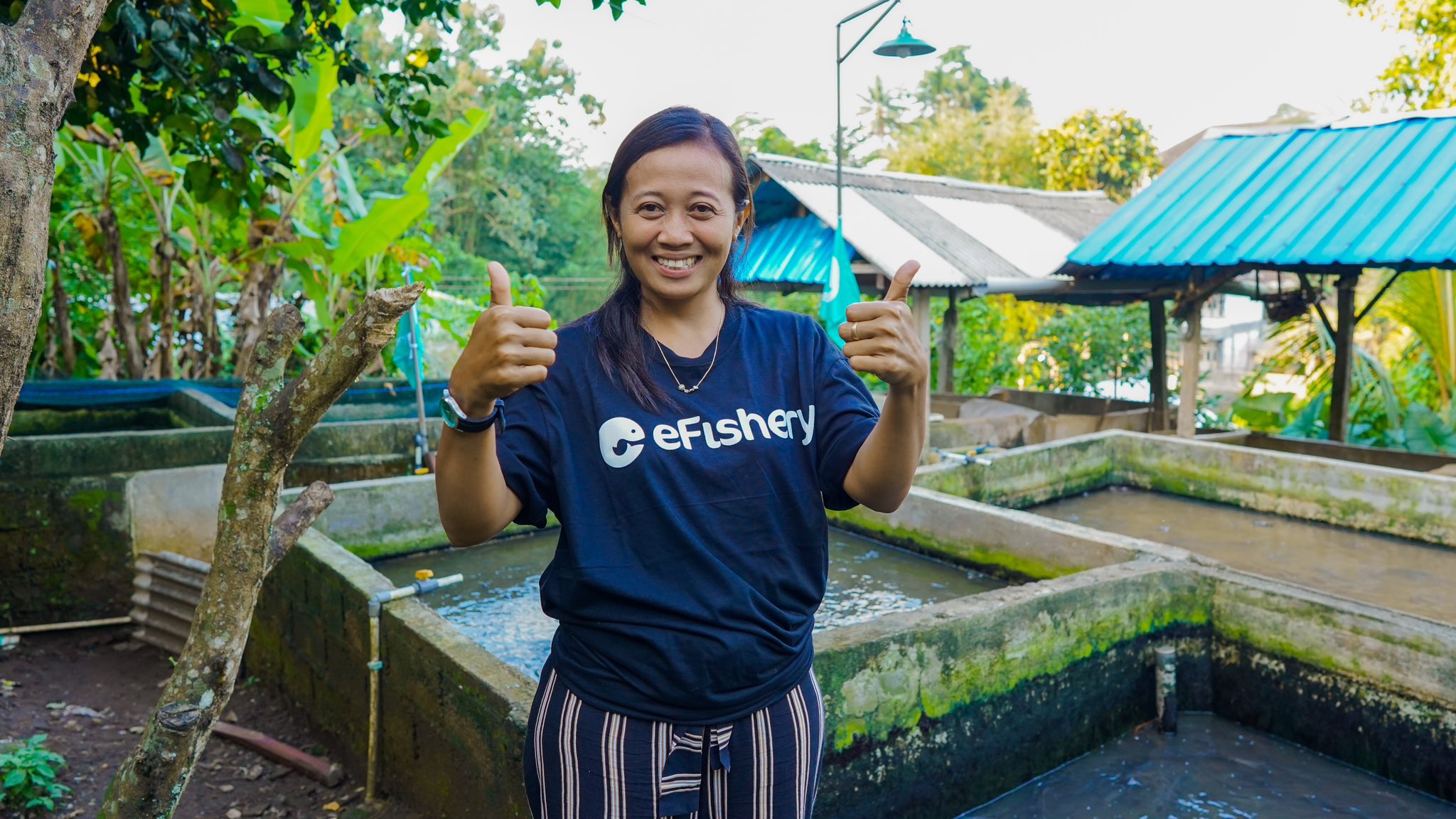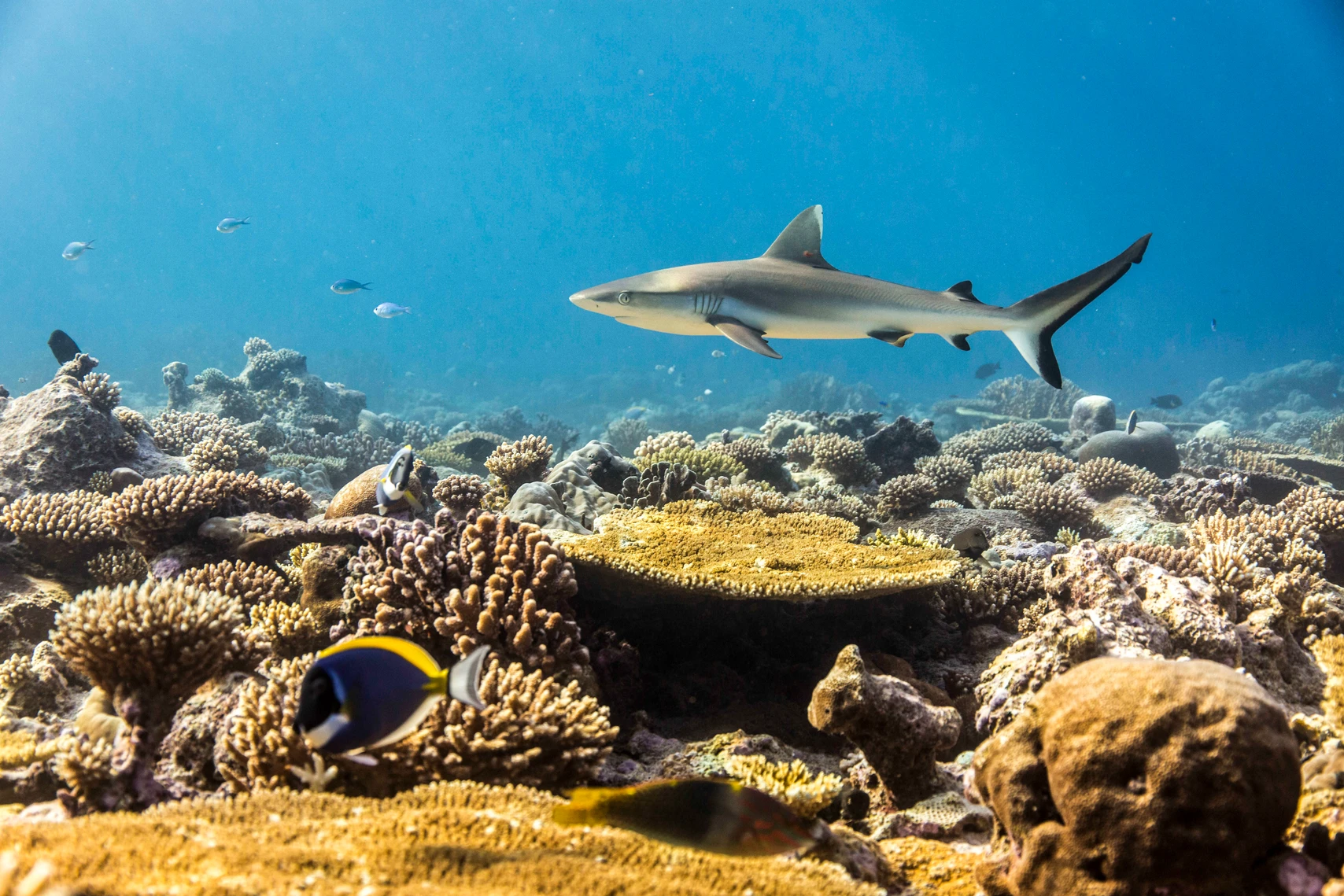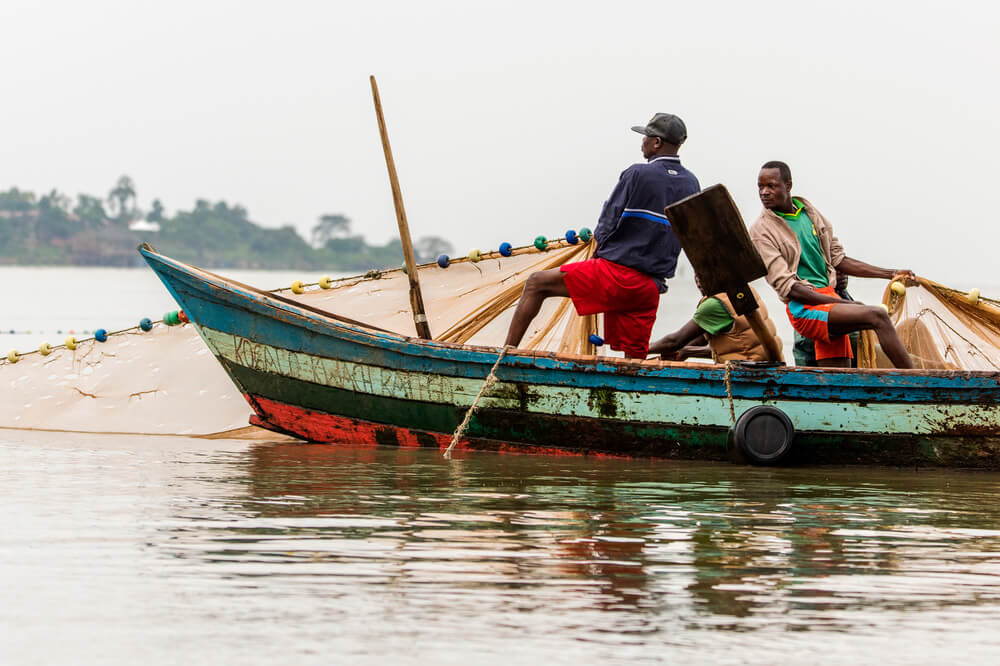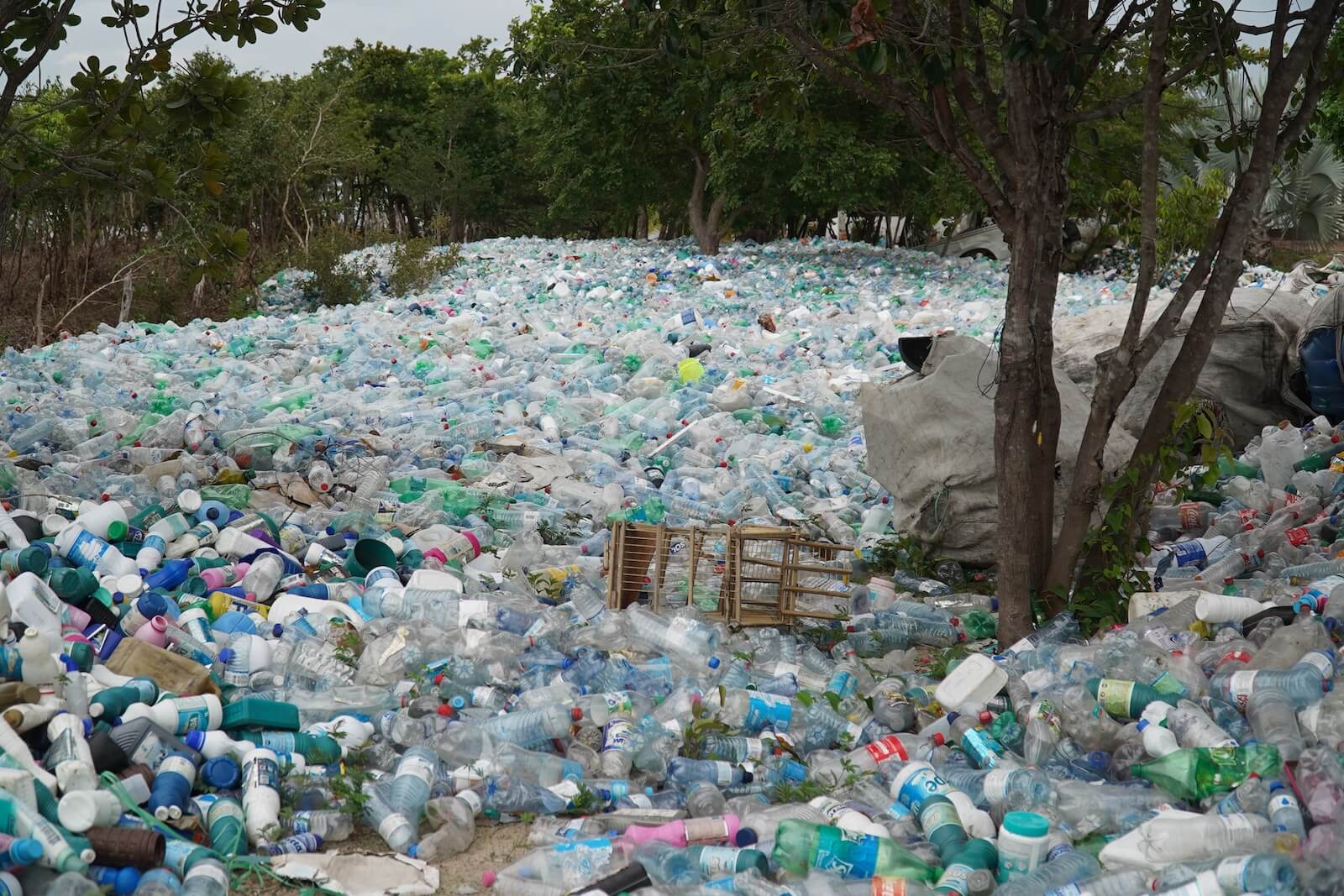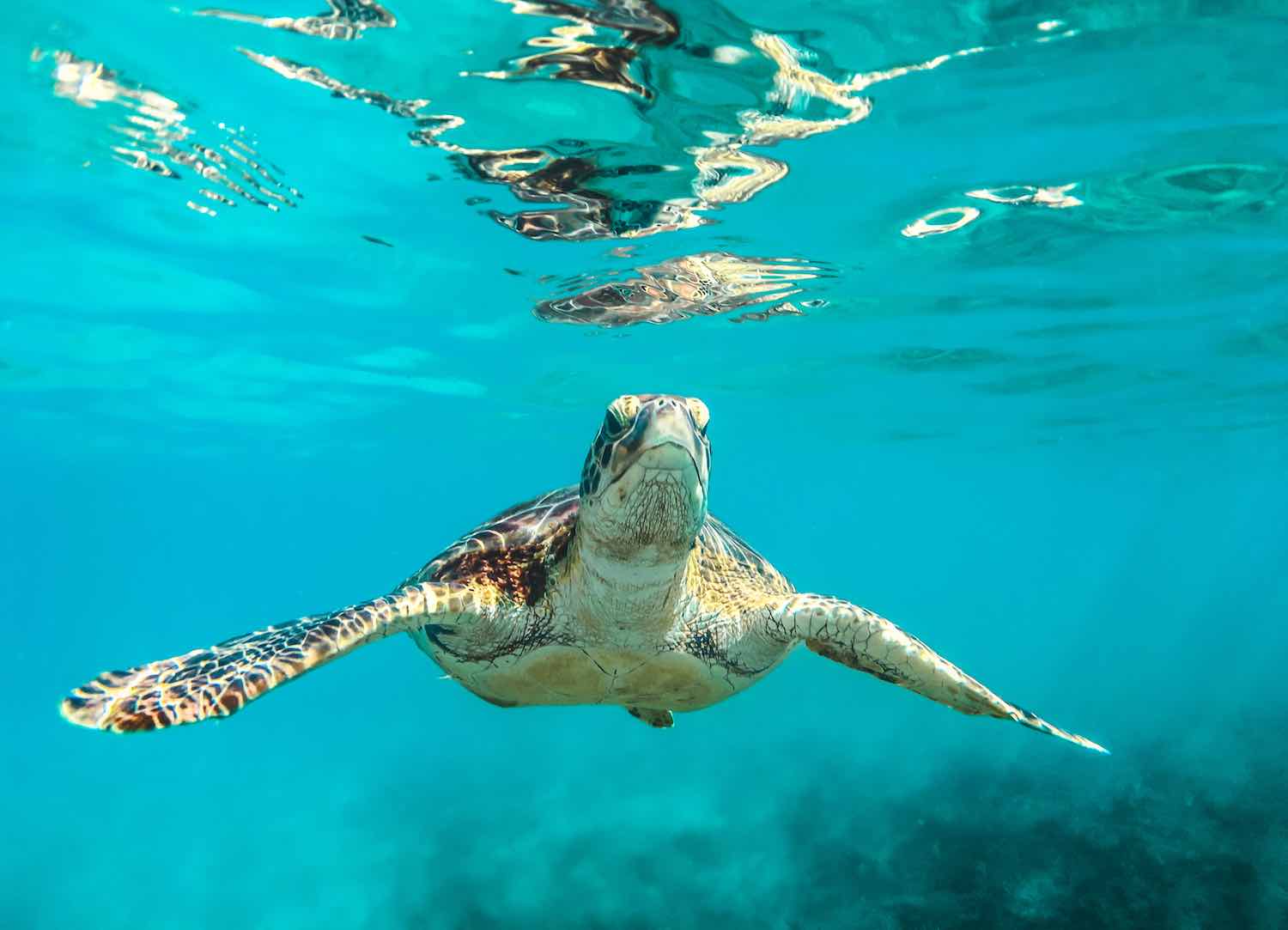ImpactAlpha, August 16 – Investing in ocean health represents one of the best opportunities for slowing climate change, protecting billions of livelihoods, and preserving biodiverse ecosystems. Yet Sustainable Development Goal No. 14, “life below water,” is the least funded of the 17 global goals.
The US International Development Finance Corp. provided a $500 million political risk guarantee to support marine preservation and restoration in the central African nation of Gabon. The insurance helped Gabon to buy back more than $430 million of its international debt and roll it into a $500 million “blue bond” at a lower rate. The capital, which will be used marine conservation, is expected to unlock an additional $163 million over 15 years.
The Nature Conservancy, which helped design debt-for-nature swaps, advised the deal.
Blue bonds
Blue bonds represent just 0.5% of sustainable debt issuances, but they’re on the rise as a tool to help emerging economies refinance crippling sovereign debt loads while unlocking capital for climate resilience and coastal conservation. In 2018, the Seychelles pioneered the blue bond with a debt-for-nature swap. Belize and Barbados followed suit, along with Ecuador, which inked a $1.6 billion deal to help protect the Galapagos Islands.
Gabon’s debt deal requires the country to designate 30% of its coastal territory as biodiversity protection zones. The country’s coastal waters are home to the largest population of leatherback turtles, an endangered species, and are an important breeding spot for humpback whales.
The deal includes a conservation fund that is expected to unlock $88 million for marine preservation and restoration by 2038.
The DFC supported the blue bonds for Belize and Ecuador. Half of DFC’s insurance risk in the Gabon deal is shared with AXA XL, Swiss Re, Chubb and five other insurance firms.

